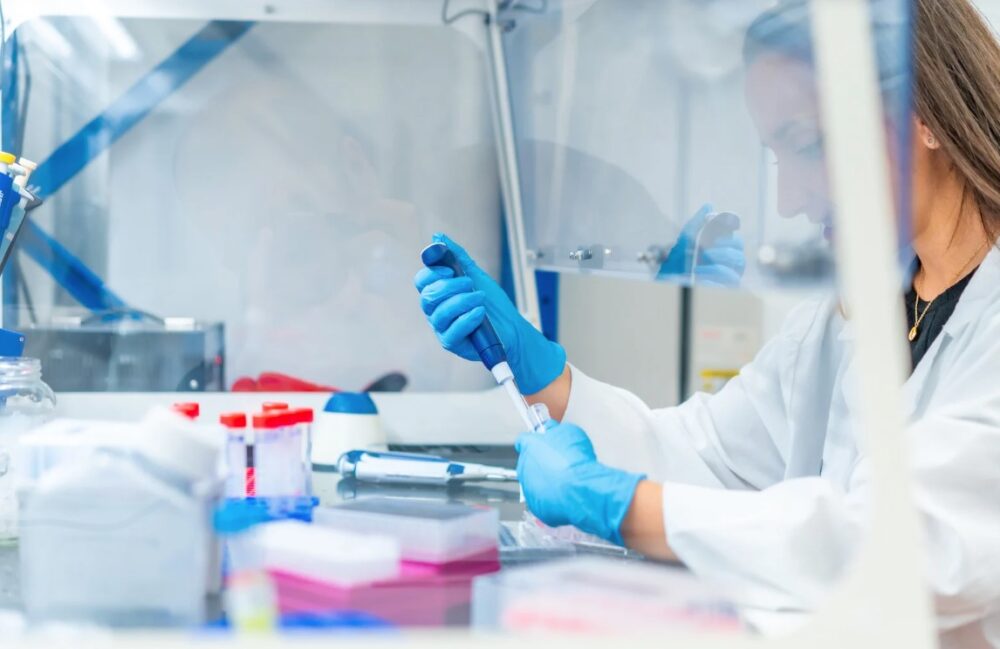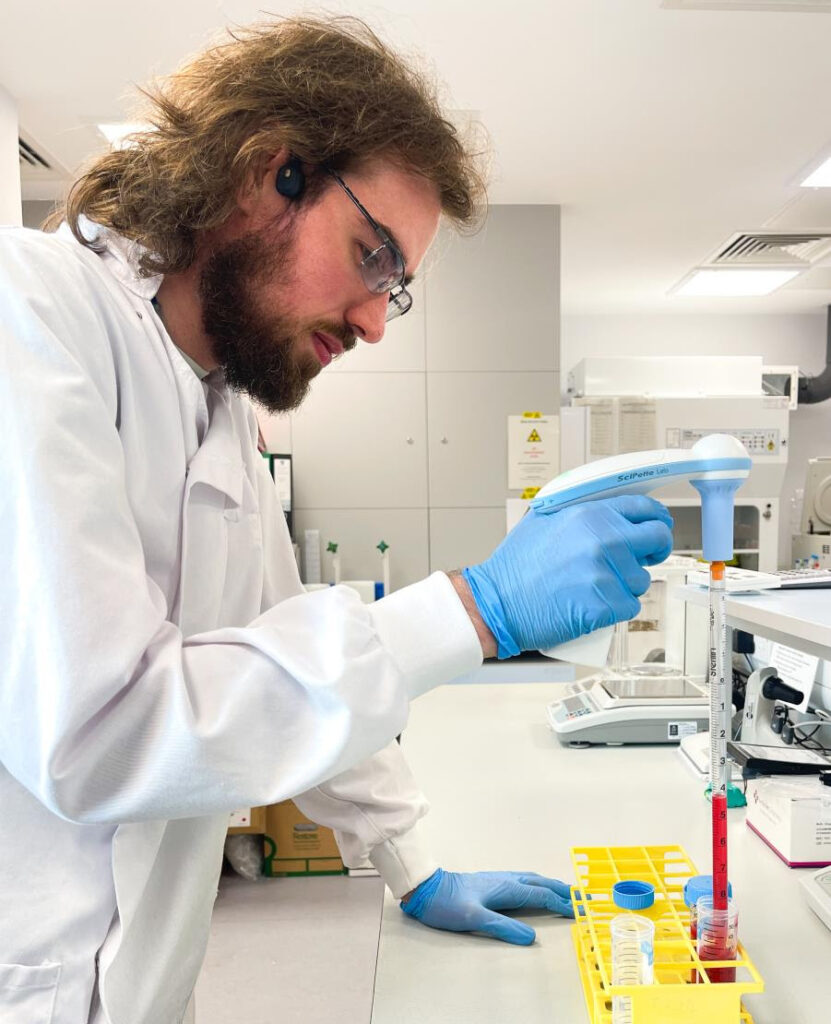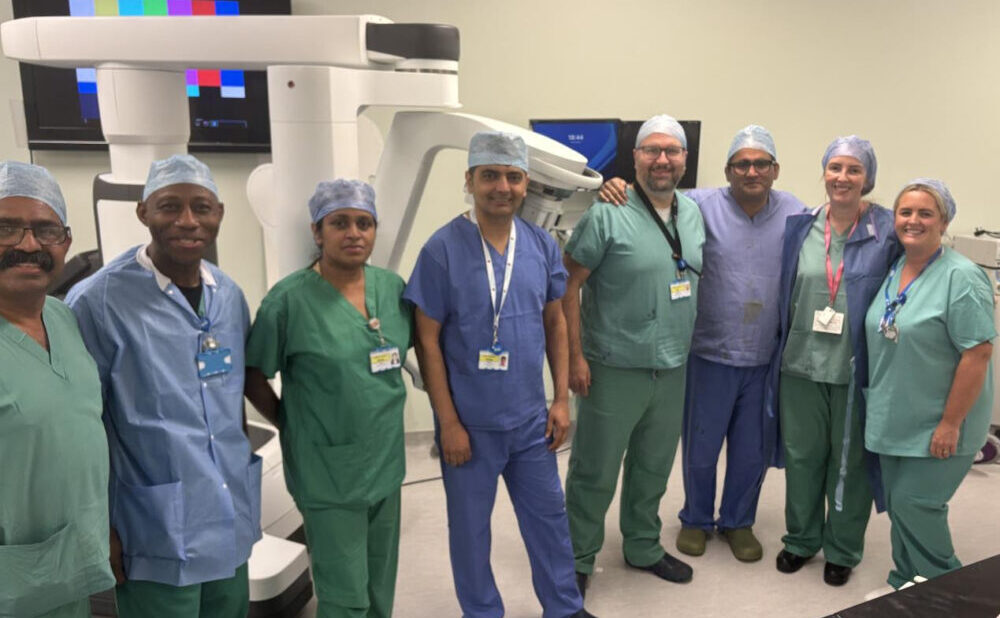
Technology & Science
Liverpool leads groundbreaking clinical trial for deadly parasitic disease
9 months ago

A pioneering clinical trial is currently underway in Liverpool, uniting NHS University Hospitals of Liverpool Group (UHLG), the University of Liverpool (UoL), and the Drugs for Neglected Diseases initiative (DNDi)—a leading international non-profit organisation—in a concerted effort to combat visceral leishmaniasis, one of the world’s most fatal parasitic diseases.
Visceral leishmaniasis, a neglected tropical disease prevalent in parts of Asia, East Africa, and Brazil, is caused by Leishmania parasites and transmitted through the bites of infected sandflies. Despite its high mortality rate, the disease has historically received limited attention and investment.
The illness presents with symptoms such as persistent fever, fatigue, and weight loss, and is almost universally fatal if left untreated. Current treatment regimens involve painful and prolonged injections—up to 17 days—which frequently lead to nausea, vomiting, and potentially severe side effects.
This Liverpool-based clinical study is evaluating the safety and efficacy of DNDi-6899, a promising oral therapeutic that could transform the treatment landscape by being easier to store, transport, and administer—particularly in resource-limited settings. The trial is being conducted at the NIHR Liverpool Clinical Research Facility (CRF) at the Royal Liverpool University Hospital and is funded by Wellcome. It also forms part of ongoing research at the University’s Centre for Experimental Therapeutics (TherEx).
The study is being led by Professor Richard Fitzgerald, Director of the Liverpool CRF and Principal Investigator, and Professor Saye Khoo, Director of TherEx, University of Liverpool.
Professor Fitzgerald said:
“Visceral leishmaniasis claims thousands of lives each year. Yet the current treatment options remain inaccessible for many, particularly in low-income regions. This trial presents an opportunity to develop a more practical, scalable solution—one that could reach those most in need and save countless lives. It also demonstrates the calibre of scientific expertise and innovation here in Liverpool.”

Professor Khoo added:
“Our collaboration with DNDi is focused on creating a treatment that can be stored under varied conditions, transported to vulnerable communities, and administered without the need for hospital-based care.”
The trial is currently recruiting healthy volunteers from Liverpool and the surrounding areas. Several individuals have already completed the screening process. Participants will be required to stay at the CRF for a two-week period during which they will be under continuous observation by experienced clinical professionals.
The Liverpool CRF offers a 26-bed research facility, comprising two four-bed bays and 18 en-suite single rooms. It includes accessible bathroom facilities, a TV lounge, Wi-Fi access, and full catering services, ensuring a comfortable environment for volunteers.
Dr Fabiana Alves, Director of the Leishmaniasis Programme at DNDi, emphasised the global relevance of the trial:
“Visceral leishmaniasis affects the most marginalised populations and is closely tied to climate change, which may extend its geographical reach. With an estimated 50,000 to 90,000 new cases annually, and children under 15 comprising half the cases in Eastern Africa, the need for safer, more accessible treatments is urgent. This Phase I trial in Liverpool plays a crucial role in progressing toward that goal.”
Sabrina Lamour-Julien, Research Lead in Therapeutics at Wellcome, commented:
“Neglected tropical diseases continue to cause debilitating illness and mortality, largely among the poorest communities. They remain underrepresented on the global health agenda.
This trial is a vital step forward—developing a therapy designed specifically for those most affected. Continued investment in research and innovation is essential if we are to eliminate diseases like visceral leishmaniasis.”
UHLG is actively encouraging individuals from diverse backgrounds to participate in this important clinical study. Volunteers will be compensated for their time and any inconvenience.
To express interest or book a screening appointment, contact the NIHR Clinical Research Facility at 0151 706 4863.
By participating, you are contributing to the global effort to develop life-saving therapies for vulnerable populations.
Find further information on current trials and opportunities here.
Find all the latest Liverpool news here.
Find out what’s good up North on our new platform, The Northern Guide.











 Subscribe
Subscribe Follow Us
Follow Us Follow Us
Follow Us Follow Us
Follow Us Follow Us
Follow Us











